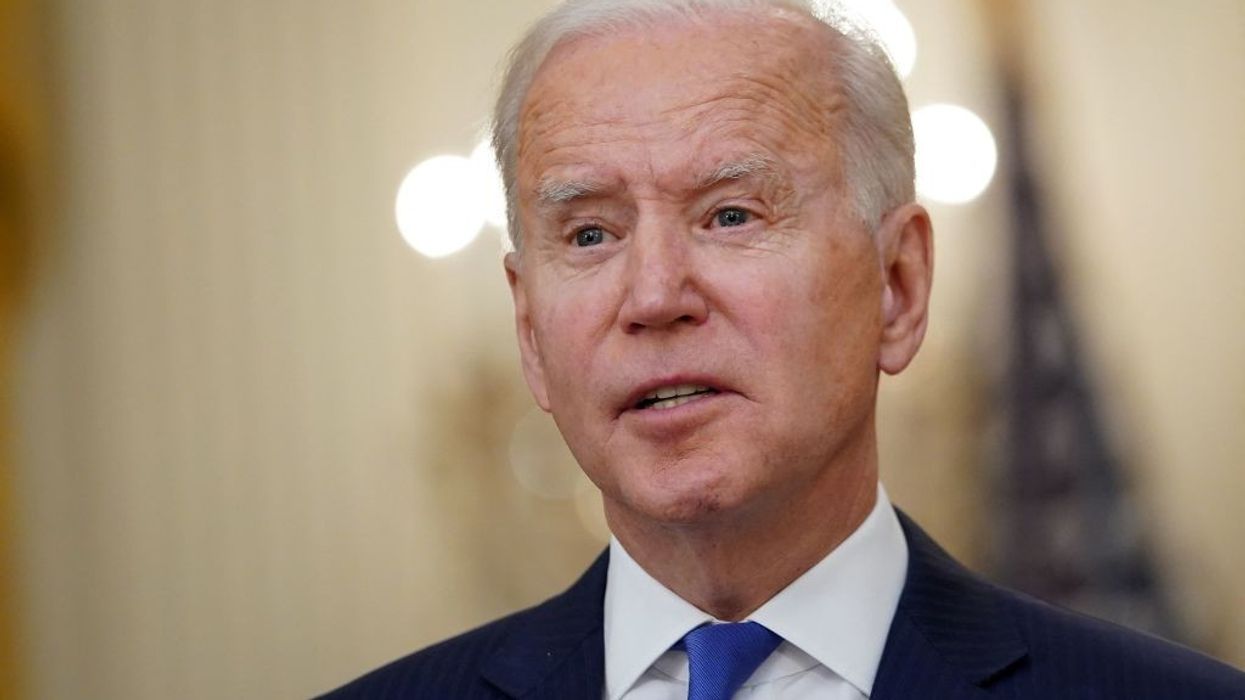THE US SENATE has approved a huge spending plan of approximately £176 billion to boost technology research and production in the country.
Republicans and Democrats came together to pass the bill that came in the wake of growing international competition, particularly from China.
The bill must pass the House of Representatives before it is signed into law.
"I believe that this legislation will enable the United States to out-innovate, out-produce, and out-compete the world in the industries of the future," Senate majority leader and co-sponsor of the bill Chuck Schumer said.
The proposed amount will be used for technology research, semiconductor development and manufacturing along with subsidies for robot makers and chipmakers amid a dearth of computer chips worldwide.
A shortage of computer chips has affected automobile production at a time when global demand is rebounding.
The bill also includes a number of China-specific provisions, including the prohibition of the social media app TikTok from being downloaded on government devices.
It also prohibits the purchase of drones manufactured and sold by Chinese state enterprises.
Further, Chinese organisations engaged in US cyber attacks or intellectual property theft from US firms would face sanctions.
The bill indicates some signs of a thaw in relations between Beijing and Washington.
US president Joe Biden praised the bill's passage.
"It is long past time that we invest in American workers and American innovation," Biden said in a statement.
"We are in a competition to win the 21st century, and the starting gun has gone off. As other countries continue to invest in their own research and development, we cannot risk falling behind," he added.




